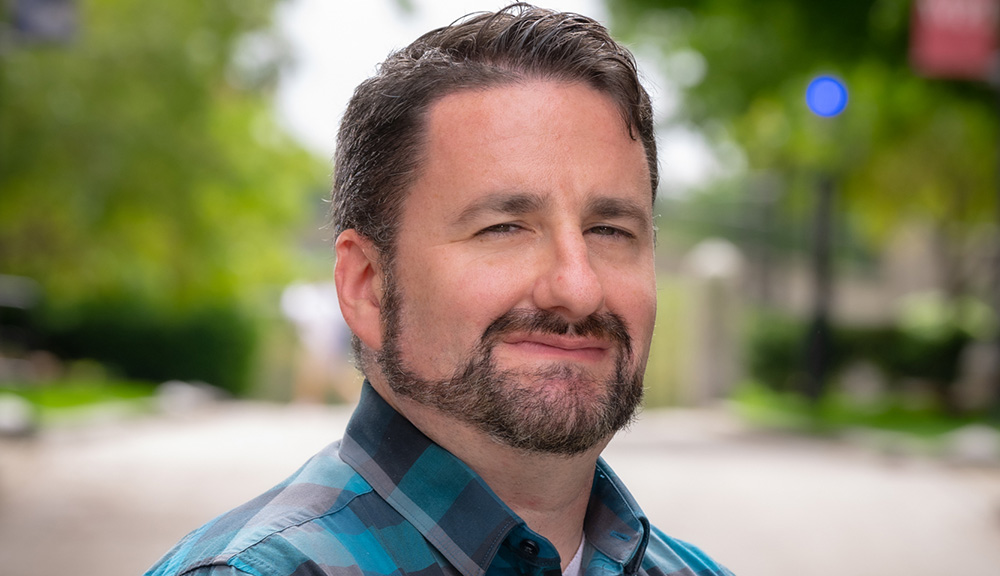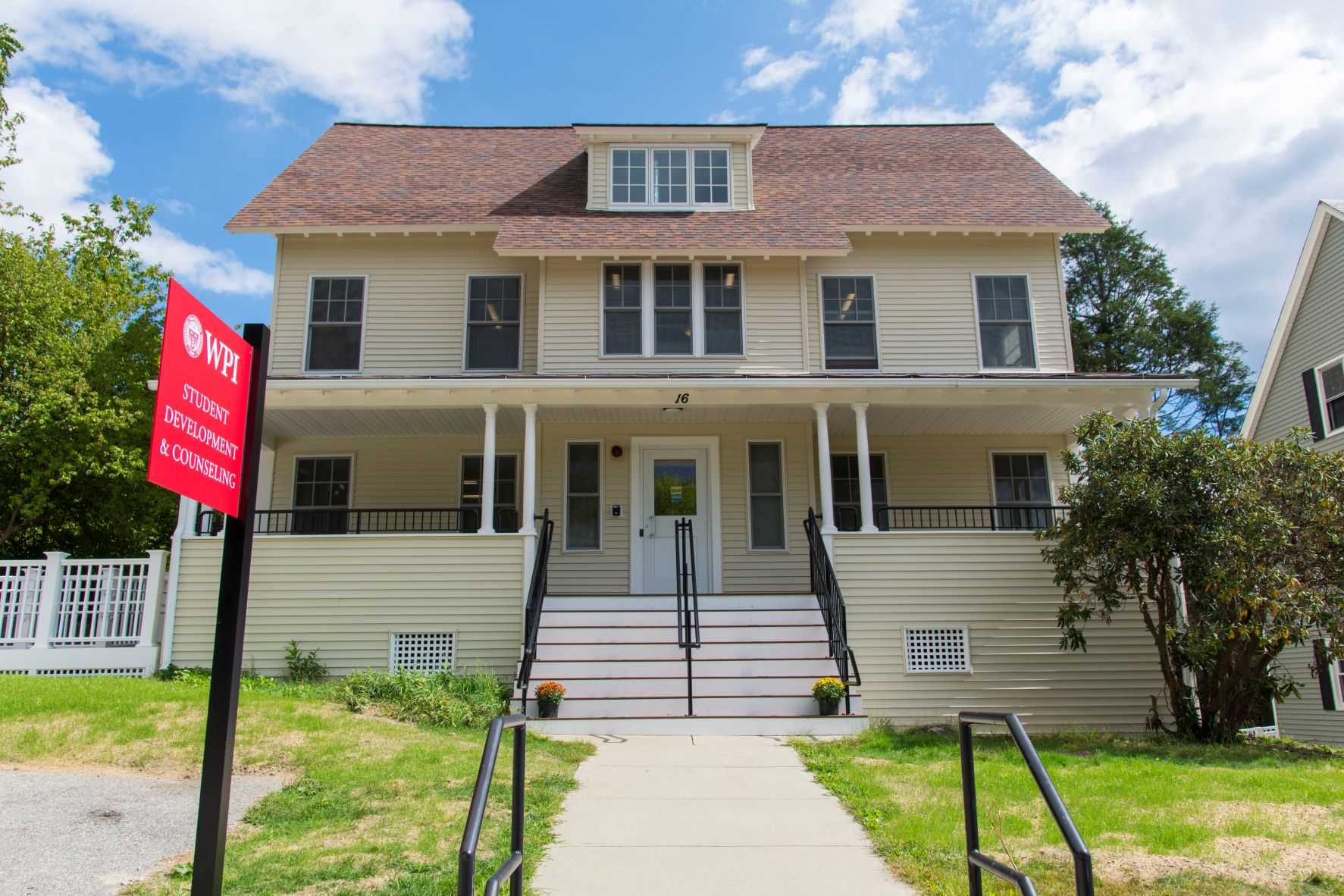Both programs are sponsored by SPARC (Students Preventing Abuse and Rape in Our Community) and the SAVE (Sexual Assault and Violence Education) Committee. These campus groups are advised and led by staff at the WPI Student Development and Counseling Center (SDCC). The events will feature speakers and information.
National statistics suggest that between 20 and 25 percent of women and 6 percent of men will be sexually assaulted or experience attempted sexual assault during their college career. And approximately 50 percent of transgender people experience sexual violence at some point in their lifetime.
The Clothesline Project will take place on the Quad from 11 a.m. to 6 p.m. Members of the WPI community may design and hang for display a T-shirt in honor of anyone who has been impacted by sexual or domestic violence, including themselves. The Clothesline Project is a grassroots idea that began in 1990 on Cape Cod to raise awareness about violence against women and to empower survivors and their loved ones.
There will be free barbeque and pizza at 4:30 p.m.
Take Back the Night begins at 6 p.m. in Alden Hall and will include speakers from the WPI community. An open mic will follow for anyone in the audience who wishes to speak about sexual assault in their own lives. The WPI staff has created a way for members of the community to safely share their stories. Past open mics have included musical and dance performances and poetry readings. The night will conclude with a candlelight vigil and a moment of silence.
“Take Back the Night grows in attendance and participation every year,” says Charlie Morse, assistant dean for student development, and director of counseling. “More people are telling their stories. We want them to share.”
He said that sexual assault survivors are more likely to come forward when they see community support, and others sharing their own stories. If you are interested in speaking at Take Back the Night, or getting involved, contact sparcexec@wpi.edu.
Cultural stigma, shame, and self-blame contribute to difficulty seeking help from formal and informal sources of support, and survivors often refrain from reporting violence due to fear of retaliation, negative social consequences, and fear of not being believed.
WPI operates under the belief that sexual violence is a silent epidemic on every university campus. The university works in a multitude of ways to develop and implement initiatives that work towards preventing violence on the campus, building a culture of support for all members of this community, and to be able to respond well if incidents should occur. As part of their ongoing efforts, SPARC and SAVE teamed up recently to host a viewing of The Hunting Ground, a documentary film about the incidence of sexual assault on college campuses across America and what its creators say is a failure of college administrations to adequately address it.
ABOUT WPI’S SEXUAL ASSAULT PREVENTION EFFORTS
WPI’s SDCC, Title IX coordinator, and campus police provide services to prevent sexual assault, to support victims, and investigate complaints of sexual assault.
Kate Richey, an SDCC counselor and prevention coordinator, was hired in 2014 to administer a U.S. Department of Justice (DOJ) training grant obtained by WPI, along with Clark, Holy Cross, and Assumption. The purpose of the grant is to develop a comprehensive, coordinated response to the crimes of rape, sexual assault, stalking, and relationship abuse—issues facing every college in the nation.
Through the DOJ grant, WPI has instituted the following programs:
- All incoming first-year students are expected to complete Haven-Understanding Sexual Assault program. This program relies on proven prevention theories and educational strategies to help students understand the many aspects of sexual violence. Its primary focus is to educate students about relationships and decision making, including ethics of relationships, alcohol’s effect on relationships, the ability to give consent, and debunking myths associated with sexual assault.
- All first-year students also take part in Bringing In the Bystander, a 90-minute in-person bystander intervention program based on the concept that all community members have a role to play in ending sexual violence, relationship violence, and stalking. The curriculum, facilitated by staff and students, approaches both women and men as potential bystanders or witnesses to risky behaviors related to sexual and relationship violence and teaches prosocial ways to prevent or intervene in these forms of violence. The program was developed by researchers at the University of New Hampshire and has been modified by SDCC staff for the WPI community.
Recognizing that education efforts must go beyond the New Student Orientation, the following programs supplement and revisit the topic:
- The Interdisciplinary and Global Studies Division and SDCC have collaborated to develop a sexual assault prevention program for all students prior to traveling abroad and domestically, through the Global Projects Program. The program includes an educational video, travel safety tips, and information on how to respond in the event of an assault.
- SPARC is a student activism and peer education group advised through the SDCC. SPARC hosts the Take Back the Night and Clothesline Project events, and invites speakers to campus, and presents to student groups on the topics of consent, health relationships, sexual violence, and bystander intervention.
- The RAD (rape, aggression, defense) course is taught by WPI Campus Police officers to female students for P.E. credit. This self defense course provides an opportunity for classroom and hands-on risk reduction education by nationally certified instructors.
SDCC Staff have received positive feedback showing that the intervention training is being used, and one goal for future years is to promote sharing of these stories within the WPI community.
The SDCC also coordinates with the Greek system to inform members on issues of consent and healthy relationships. Over the past two years SDCC staff and fraternity leadership have developed and implemented an innovation program called Project Ethos. The program provides in-depth training on issues related to masculinity, gender norms, and sexual violence prevention.
Victims may report cases of sexual assault to campus police, the SDCC, or Philip Clay, vice president of student affairs and dean of students, who also serves as the university’s Title IX coordinator.
“We encourage people to report sexual assault to the police,” Morse says. “But the campus judicial system can act more quickly than the courts. Not everyone wants to report this to the local police and go through the justice system.” Cases that are reported to the police, and those not reported to the police but to SDCC or the Title IX coordinator are contained in the university’s report under the Clery Act, Morse said.
Richey said that although many victims of sexual assault choose to tell no one, those who do often confide to close friends or family members. Programs like Take Back the Night encourage community members to be supportive to others who have past experience with sexual violence.
Information on WPI’s sexual assault programs and reporting methods can be found here.

